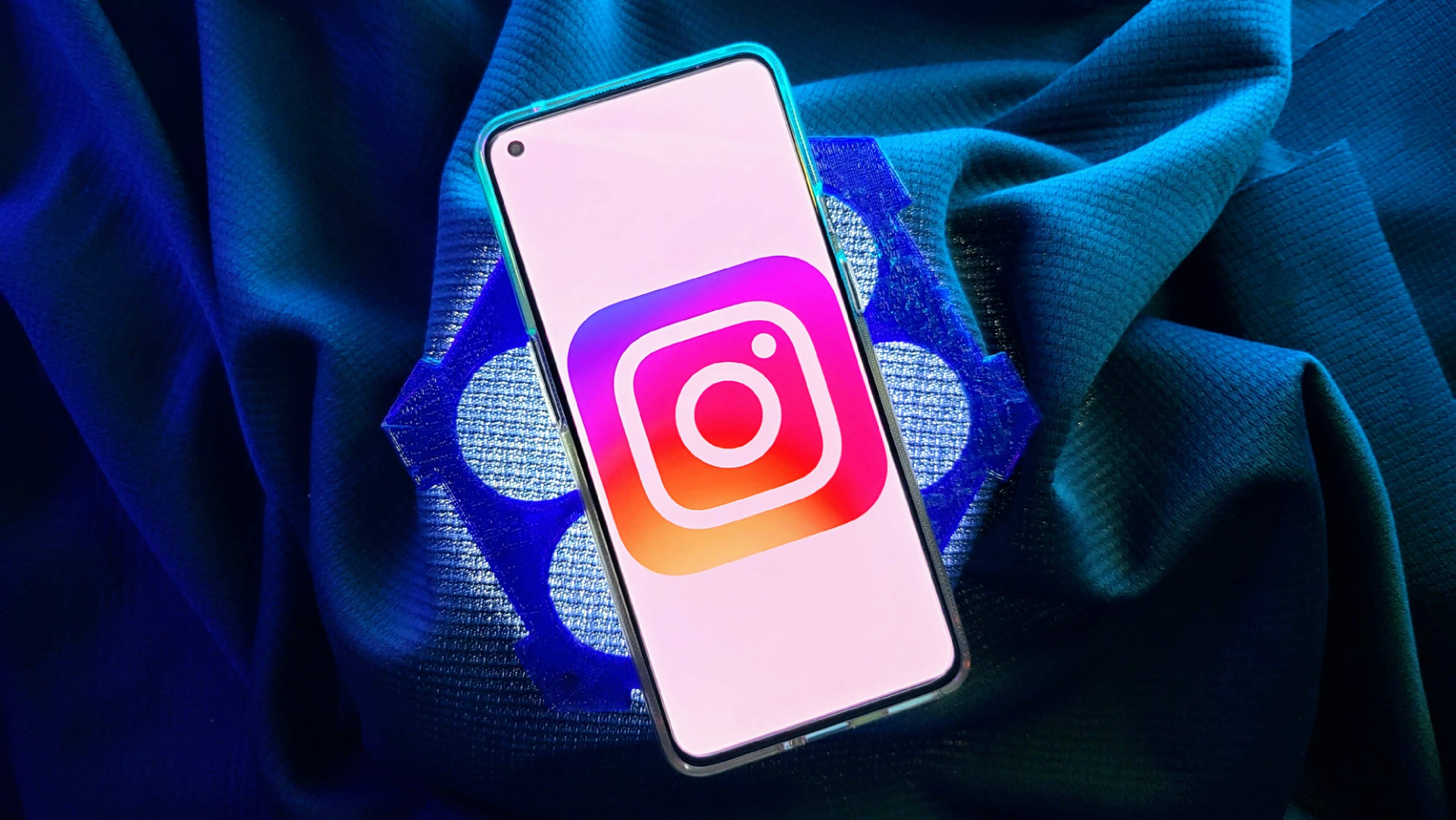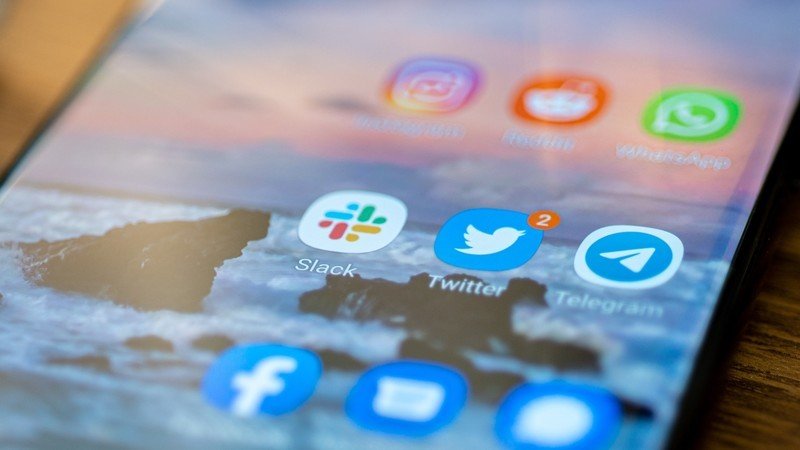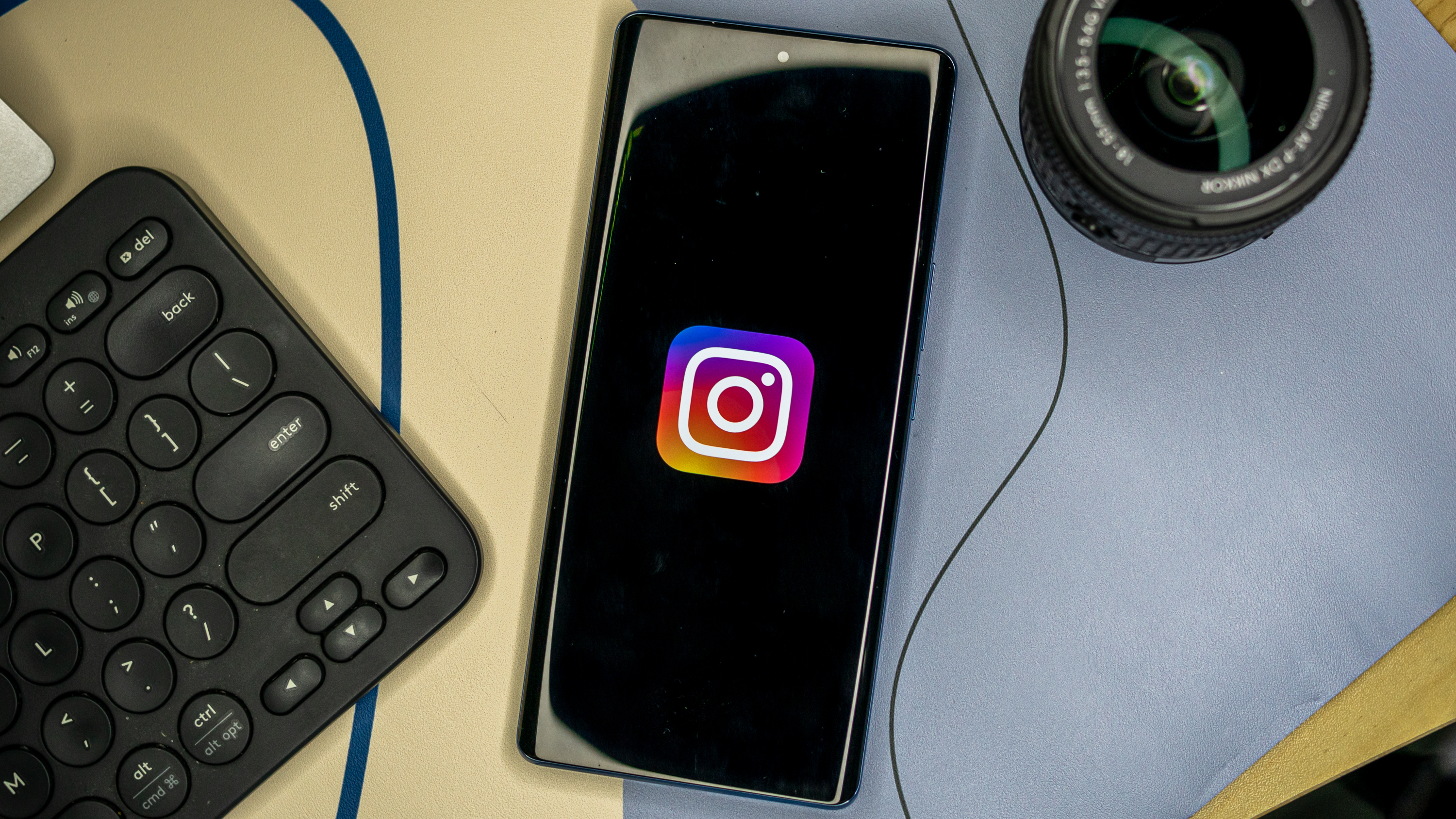US Surgeon General calls for a warning label on social media sites, citing mental health harms
The warning label would put social media in the same category as alcohol and cigarettes.

What you need to know
- The U.S. Surgeon General Vivek Murthy published an op-ed in The New York Times this week, calling for a warning label on social media sites.
- Murthy says the mental harms of social media sites warrant the label, which has been used in the past to highlight the dangers of substances like alcohol and tobacco.
- The U.S. Surgeon General cannot require the warning label by himself. That would require a bill passed by Congress.
The debate of whether social media is linked to the declining mental health of adolescents has been raging on, and it reached new heights this week. It stated when Vivek Murthy, who is the U.S. Surgeon General, published an op-ed in The New York Times calling for a warning label to be placed on social media sites, like Instagram or TikTok. Warning labels like the one proposed for social media have been used for alcohol and cigarettes in the past.
"It is time to require a surgeon general’s warning label on social media platforms, stating that social media is associated with significant mental health harms for adolescents," explained Murthy. "A surgeon general’s warning label, which requires congressional action, would regularly remind parents and adolescents that social media has not been proved safe."
Murthy cited the effectiveness of warning labels for tobacco products, as well as studies that referenced the harms associated with social media use. One study found that children and teens who spent more than three hours daily on social media are twice as likely to face anxiety. Murthy notes that the average social media use for adolescents as of Summer 2023 was well above this threshold, at 4.8 hours.

However, Murthy's two statements — that "social media is associated with significant mental health harms for adolescents" and "social media has not been proved safe" — are two very different claims. It's somewhat agreed upon that we don't know the full effects of social media use at young ages, and we may not know the full effects for years or decades. The claim that social media has a direct association with mental health harms is more controversial.
"The results have been really mixed, with probably the consensus being that no, it’s not related," said Mitch Prinstein, a doctor who is the chief science officer for the American Psychological Association, in a New York Times article.
"It’s kind of like saying, 'Is the number of calories that you eat good for you or bad for you?'" Prinstein continued. "It depends. Is it candy, or is it vegetables? If your child is spending all day on social media following The New York Times feed and talking about it with their friends, that’s probably fine, you know?"
Social media sites, and the companies and executives that run them, have already faced heavy congressional scrutiny. In fact, Prinstein himself testified in front of the U.S. Senate Judiciary Committee about the effects of social media on children in February 2023. It is Congress, not Murthy, who has the authority to place a Surgeon General's warning label on social media sites and apps.
Be an expert in 5 minutes
Get the latest news from Android Central, your trusted companion in the world of Android

However, Murthy's position on social media does hold significant weight among lawmakers and government leaders. Gavin Newsom, the governor of California, already banned phone use in state schools following Murthy's call for a warning label. Even if the Surgeon General's warning label does not get passed by Congress, this conversation will certainly affect how governments and the public view social media sites.
Is a warning label the right call?

Murthy makes a lot of good points about how to combat social media use among adolescents, but the warning label may be the least effective one. As one of Android Central's youngest resident "Gen Z-ers," I've grown up with social media. I got my first internet-connected device when I was in elementary school and my first smartphone in middle school. However, that's different than what kids coming up today are facing. I had roughly 10 formative years without technology, the internet, and social media being a major part of my life. Younger generations will be lucky to get a few.
The best example of why a surgeon general's warning label will only be a small part of deterring social media usage by adolescents, ironically, is how it was used on cigarettes and tobacco products. Going through high school and college, I had never even heard of someone my age smoke an old-fashioned cigarette. It wasn't even talked about.
People in my generation knew about the dangers of cigarettes from a young age, watched loved ones and family friends who smoked suffer from potentially-fatal health problems, and saw what felt like an endless slate of ad campaigns against tobacco use throughout our early years. I'd argue that it wasn't the Surgeon General's warning labels that all but eliminated cigarette use among adolescents. It was other things, from the age requirements, to the known health risks, to most importantly the change in public perception.
There's no reason to think combatting social media will require a different approach. A warning label only sparks a discussion, but the discussion has been front-and-center for years already. It'll take a change in behavior, with a bit of regulation, to make a real difference. That's why Murthy's other guidance — including "phone-free" zones, waiting until middle school to start social media usage, and education by parents and doctors — are likely to have a much greater effect than his proposed warning label.

Brady is a tech journalist for Android Central, with a focus on news, phones, tablets, audio, wearables, and software. He has spent the last three years reporting and commenting on all things related to consumer technology for various publications. Brady graduated from St. John's University with a bachelor's degree in journalism. His work has been published in XDA, Android Police, Tech Advisor, iMore, Screen Rant, and Android Headlines. When he isn't experimenting with the latest tech, you can find Brady running or watching Big East basketball.
You must confirm your public display name before commenting
Please logout and then login again, you will then be prompted to enter your display name.
